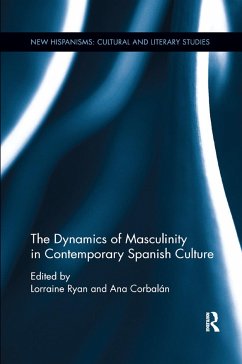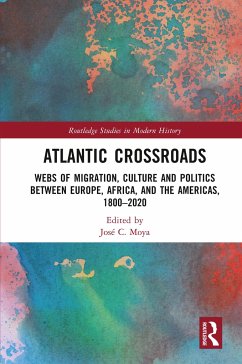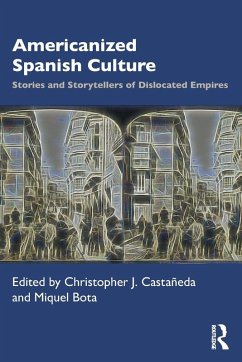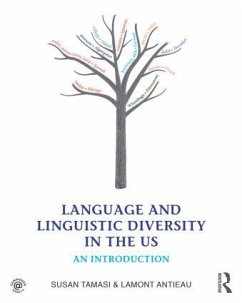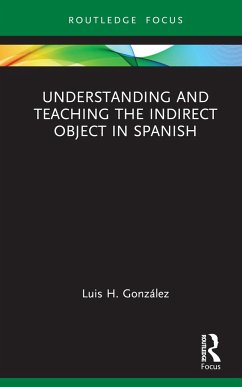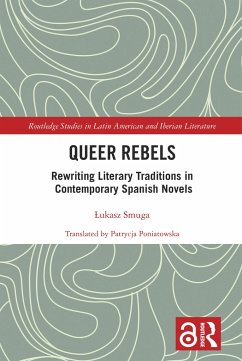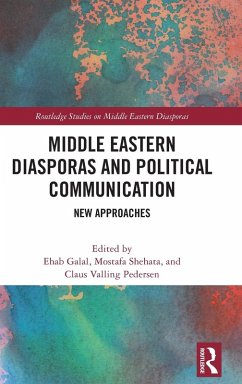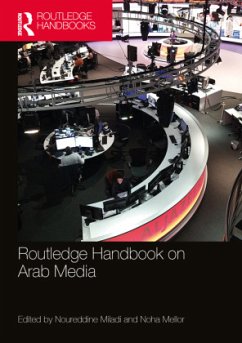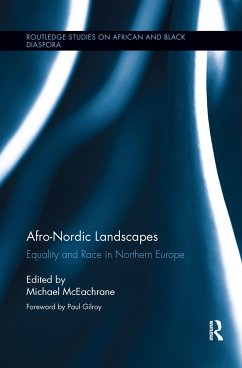
Twenty-First Century Arab and African Diasporas in Spain, Portugal and Latin America
Versandkostenfrei!
Versandfertig in 6-10 Tagen
41,99 €
inkl. MwSt.
Weitere Ausgaben:

PAYBACK Punkte
21 °P sammeln!
This volume considers the Arabic and African diasporas through the underexplored Afro-Hispanic, Luso-Africans, and Mahjari (South American and Mexican authors of Arab descent) experiences in Spain, Portugal, and Latin America. Utilizing both established and emerging approaches, the authors explore the ways in which individual writers and artists negotiate the geographical, cultural, and historical parameters of their own diasporic trajectories influenced by their particular locations at home and elsewhere. At the same time, this volume sheds light on issues related to Spain, Portugal, and Lati...
This volume considers the Arabic and African diasporas through the underexplored Afro-Hispanic, Luso-Africans, and Mahjari (South American and Mexican authors of Arab descent) experiences in Spain, Portugal, and Latin America. Utilizing both established and emerging approaches, the authors explore the ways in which individual writers and artists negotiate the geographical, cultural, and historical parameters of their own diasporic trajectories influenced by their particular locations at home and elsewhere. At the same time, this volume sheds light on issues related to Spain, Portugal, and Latin American racial, ethnic, and sexual boundaries; the appeal of images of the Middle East and Africa in the contemporary marketplace; and the role of Spanish, Portuguese, and Latin American economic crunches in shaping attitudes towards immigration. This collection of thought-provoking chapters extends the concepts of diaspora and transnationalism, forcing the reader to reassess their present limitations as interpretive tools. In the process, Afro-Hispanic, Afro-Portuguese, and Mahjaris are rendered visible as national actors and transnational citizens.





